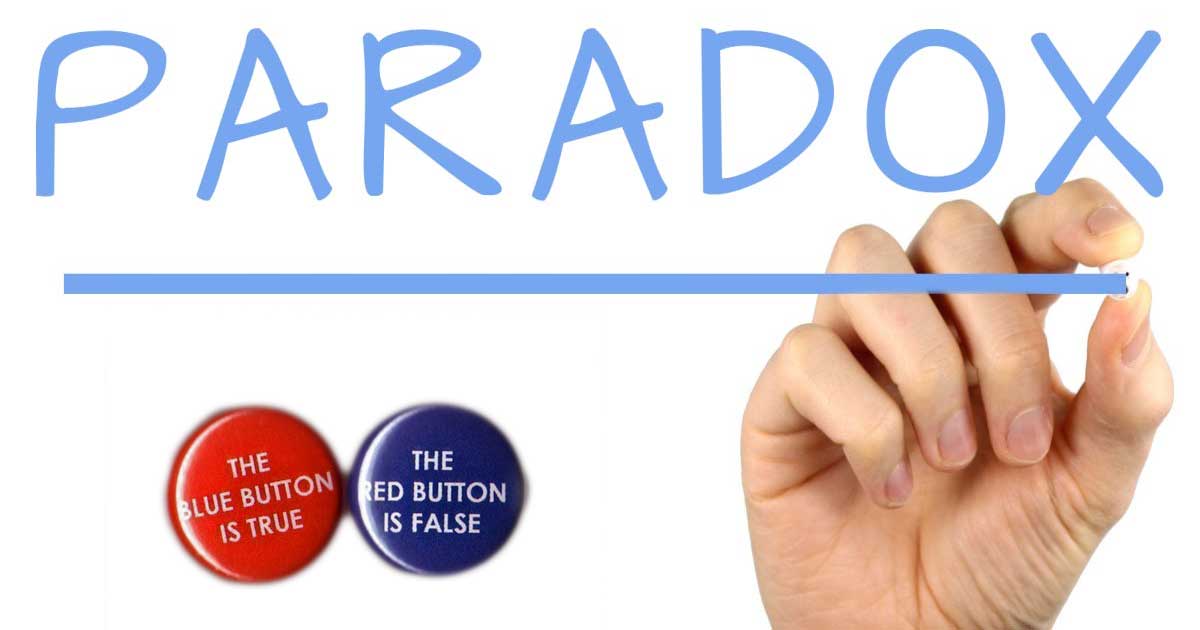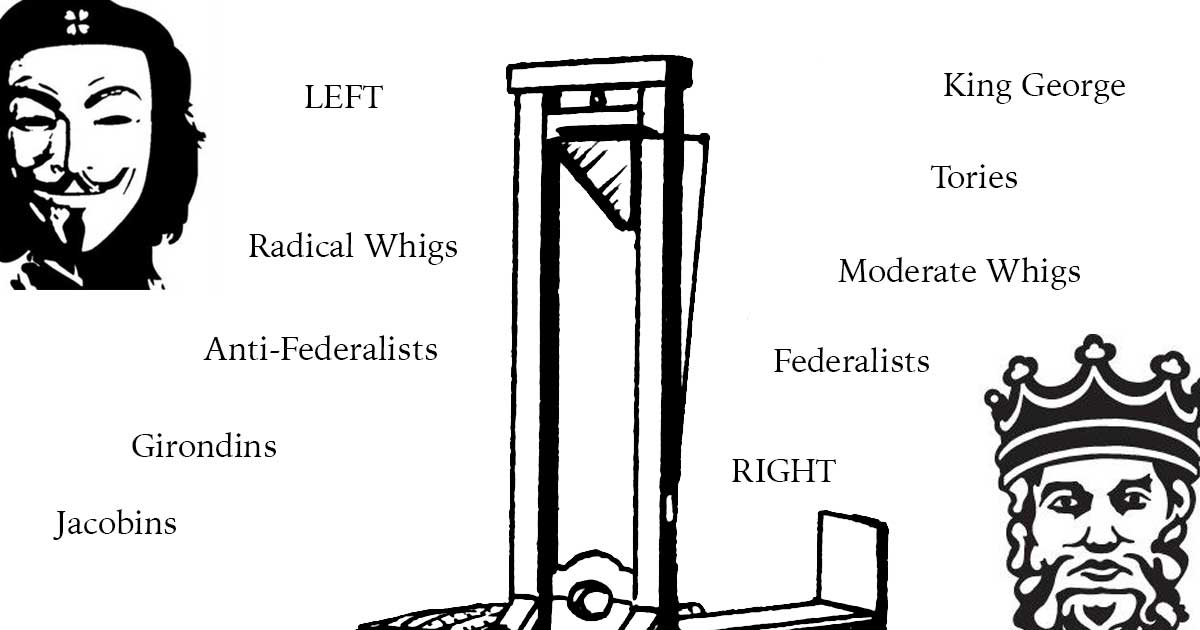The Paradox Principle

In practice, human action often has paradoxical or unintended effects. Sometimes effects or side effects even have the exact opposite effect as intended.
Benjamin Franklin was one of the Founding Fathers of the US. Franklin was a leading author, printer, political theorist, politician, freemason, postmaster, scientist, inventor, civic activist, statesman, and diplomat. Notable inventions include inventing bifocals and the lightening rod.

In practice, human action often has paradoxical or unintended effects. Sometimes effects or side effects even have the exact opposite effect as intended.

The modern usage of the political terms left and right comes from the French Revolution of 1789 when supporters of the king stood to the president’s right, and supporters of the revolution to his left.

America’s founding fathers intended the U.S. to be a Republic (elected officials vote on laws), rather than a Direct Democracy (everyone votes on laws).